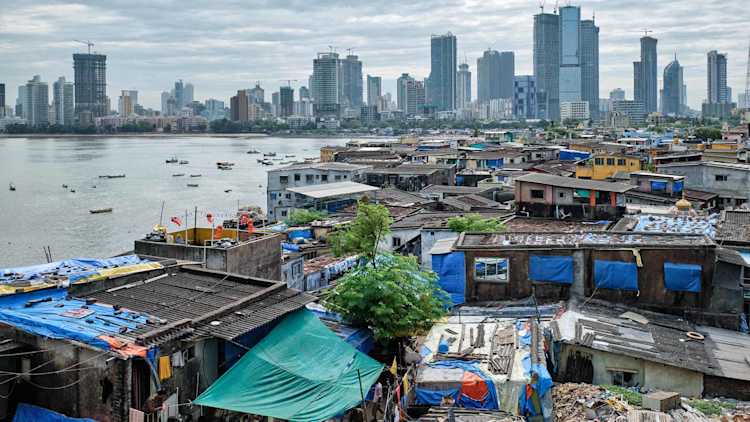- Home
- Events
- GIGA Seminar in Socio-Economics
- Labour Migration in Asia: Protracted Precarity and Truncated Rights
GIGA Seminar in Socio-Economics
Labour Migration in Asia: Protracted Precarity and Truncated Rights
Date
11/05/2017
Start
02:00 p.m. (CEST)

Against the backdrop of the specific patterns and dynamics of intra-Asia temporary labour migration and the dominant global and regional migration governance frameworks that sustain them, the analysis presented is premised on the concept of protracted precarity. It is argued that this concept contests the assumption that migrant workers ‘move into’ conditions of precarious employment when they travel abroad by emphasising the existing forms of economic vulnerability within migrant-sending countries that condition the need for workers to seek foreign employment in the first place. Protracted precarity is found to be shaped by structural inequalities throughout the global and regional economy and buttressed by institutional incapacity and lacking integration of labour governance within migration governance. The key argument advanced is that the dominant project of migration governance continues to fail in several key areas, reflected by decent work deficits in relation to labour rights, the nature of employment opportunities and lacking social protection at all stages of the migration process – i.e. a failure to realise migrants’ human and labour rights prior to migration, while abroad and upon return. Without adopting a holistic understanding of migrant precarity and its spatio-temporal dimensions, migration governance’s promise to benefit all parties will continue to ring hollow for temporary labour migrants themselves.
Address
GIGA Hamburg, Hamburg